Persona 5 developer Atlus has issued a plea to streamers and content creators to restrict what parts of the game they show off—guidelines that have reignited the debate about copyright, streaming, and just who owns the content being viewed by millions online.
The game, which has been out in Japan since last September but was released in the West yesterday to much fanfare, is an RPG for the Playstation that takes place over the course of a year.
In a statement released yesterday, Western publisher Atlus USA requested that streamers or content creators not show off much of the game’s story. Atlus USA want streamers to avoid all but one boss fight, the endings of the major palace sections, and to not show anything at all beyond the in-game date of 7/7—about 25 percent of the way through the game’s timeline.
If players opt not to follow the guidelines set down, Atlus USA reserves its right to use DMCA takedowns. Such takedown notices can lead to loss of revenue and account suspensions on Twitch and YouTube. The approach is due to the protective nature of the original Japanese developers, according to Atlus USA.
Atlus has come in for criticism following the announcement, as has Twitch. The Twitch Support Twitter account retweeted the Atlus guidelines, provoking angry responses from some Twitch users. Twitch is legally required to comply with any valid takedown notice, however.
While the principle of fair use may apply, attempting to challenge a takedown on that basis could lead to a lengthy and costly legal battle.
Who owns gaming content created by individuals and third parties is still something of a thorny issue, as the industry around that content continues to grow.
It’s something that has affected esports, with SK Telecom T1 attempting to take down videos of its players being spectated while playing League of Legends. In 2014 the SpectateFaker Twitch channel faced similar take down attempts. In both of those cases, SKT did not have the right to control the content—but developer Riot Games did. Riot has taken the side of teams in these issues, effectively establishing the in-game play of professional players as part of their likeness.
Meanwhile, Riot Games and other third parties like ESL are attempting to sell esports game broadcasting rights for millions of dollars. For third parties, the very existence of those products to sell relies on licensing from developers like Riot and Valve.
Gaming content, including esports, may well now be a billion dollar industry. But this case highlights yet again just how murky the rules governing this content are—and how game developers hold almost all of the power.



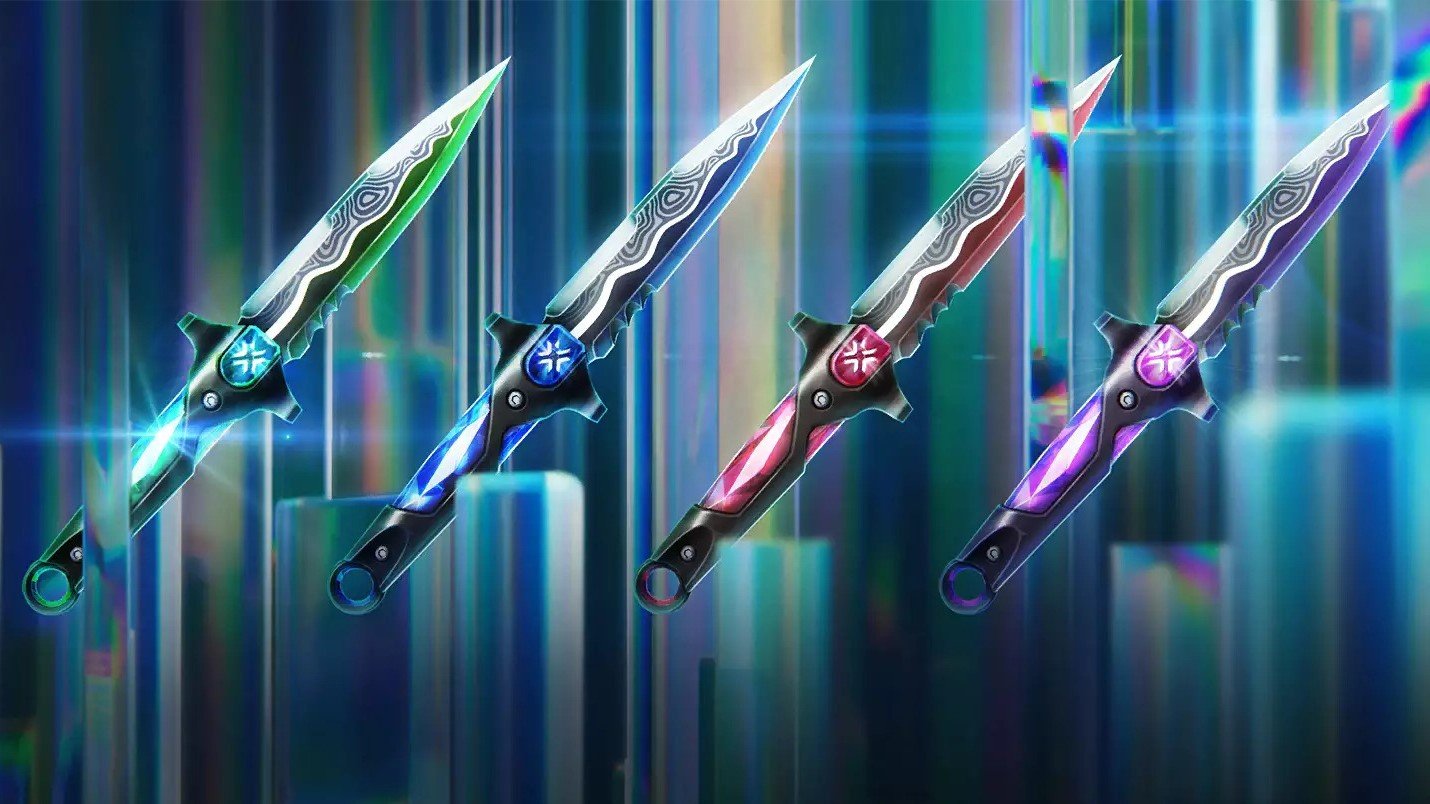

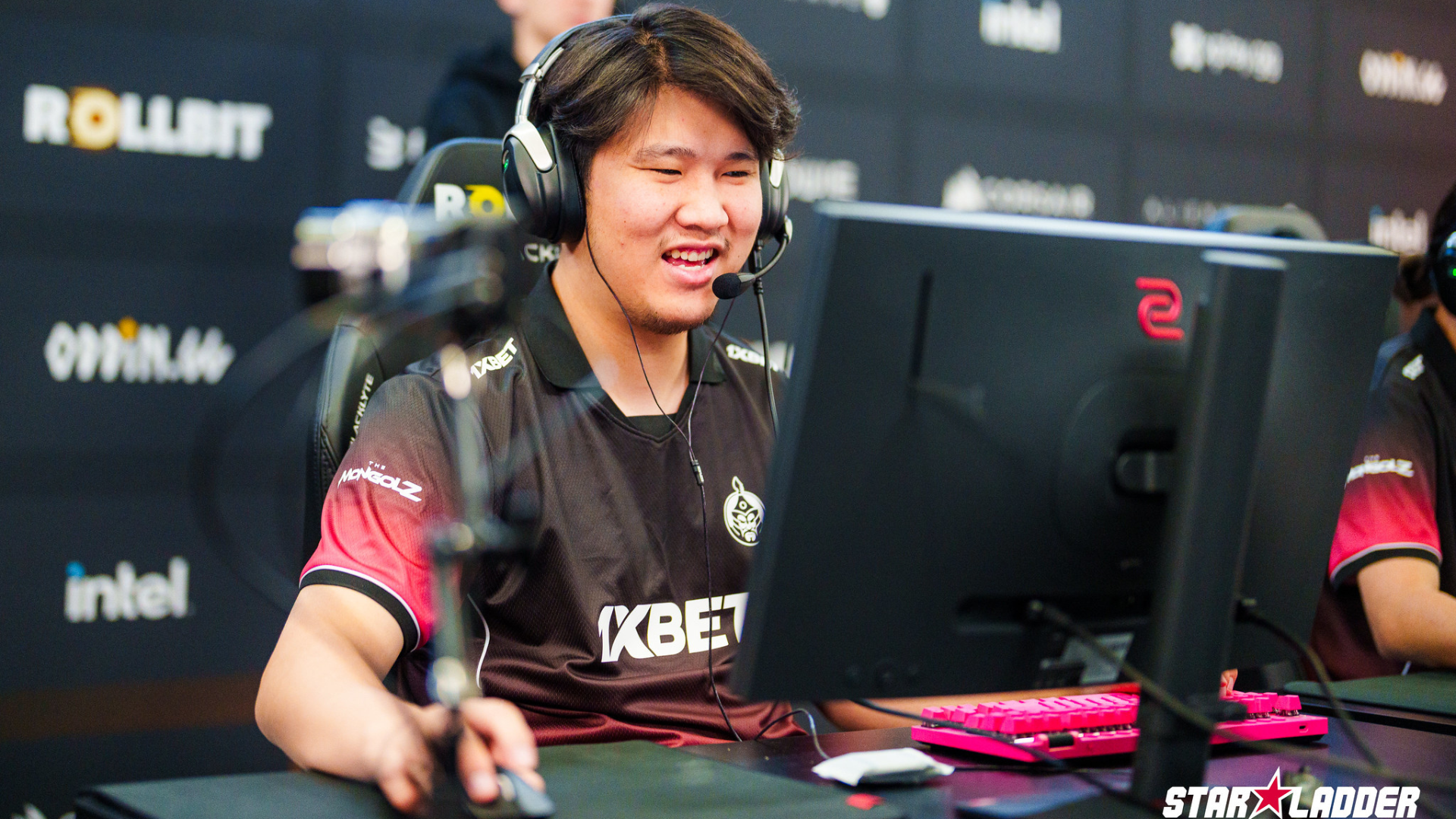
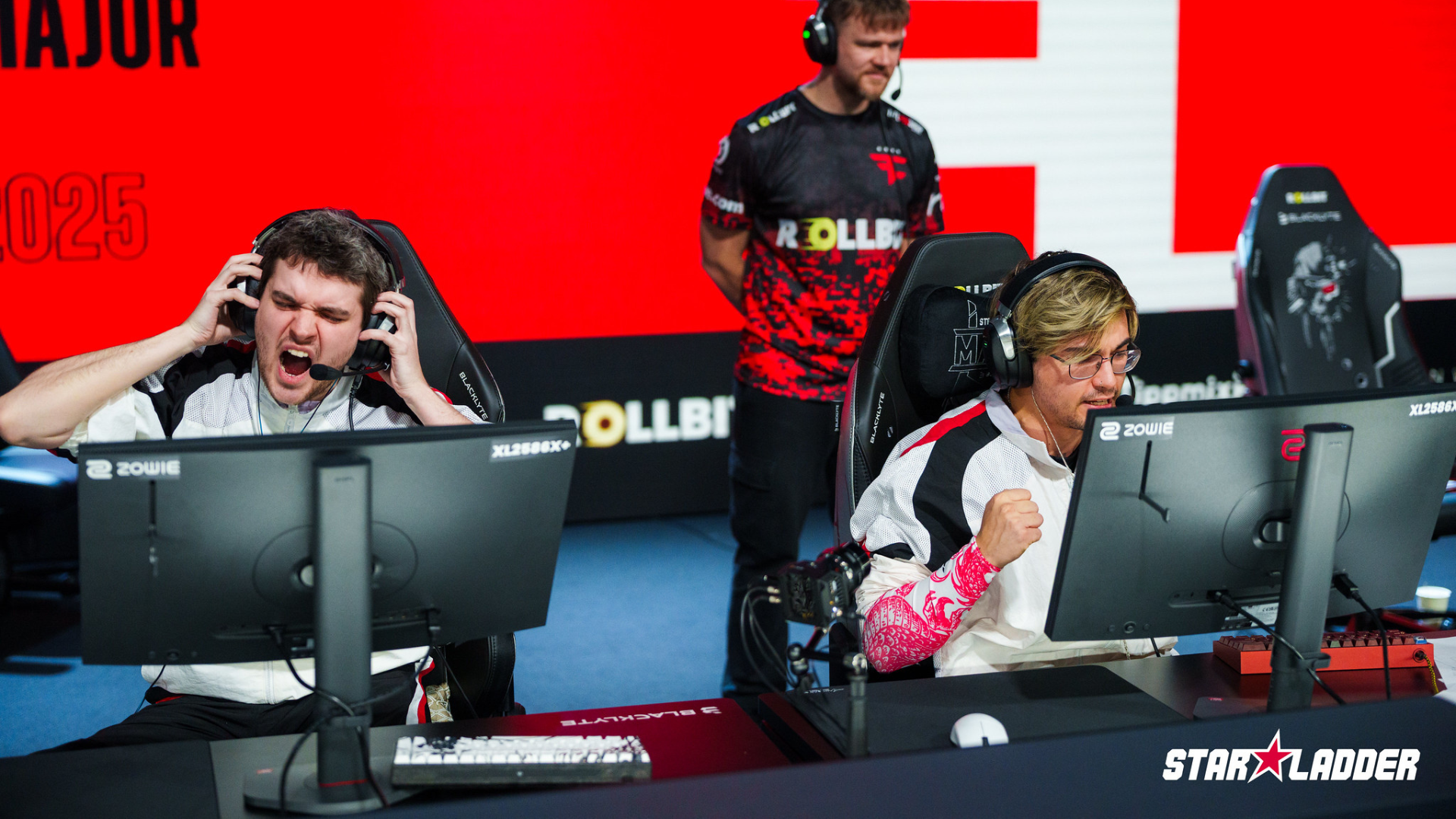
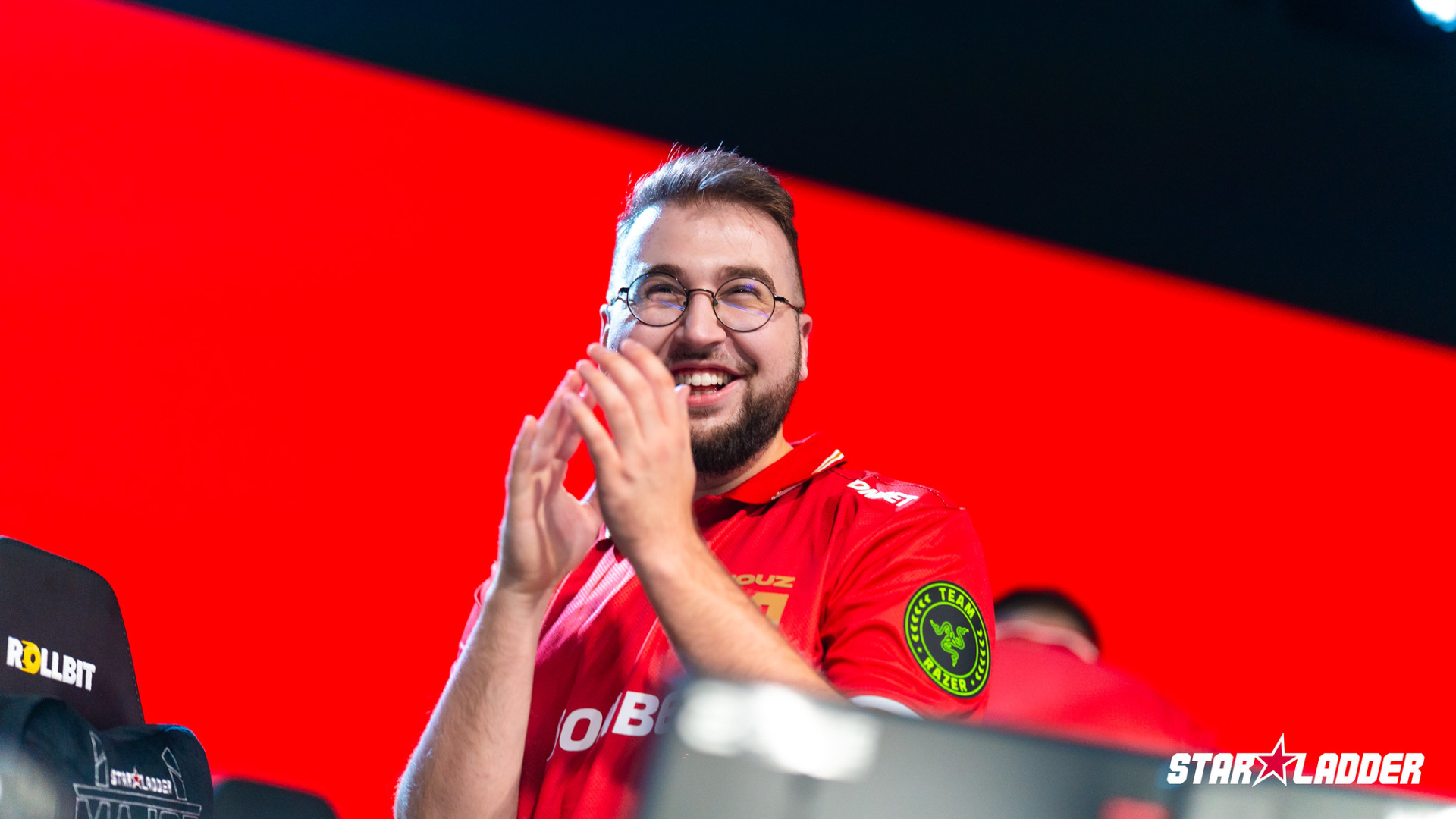
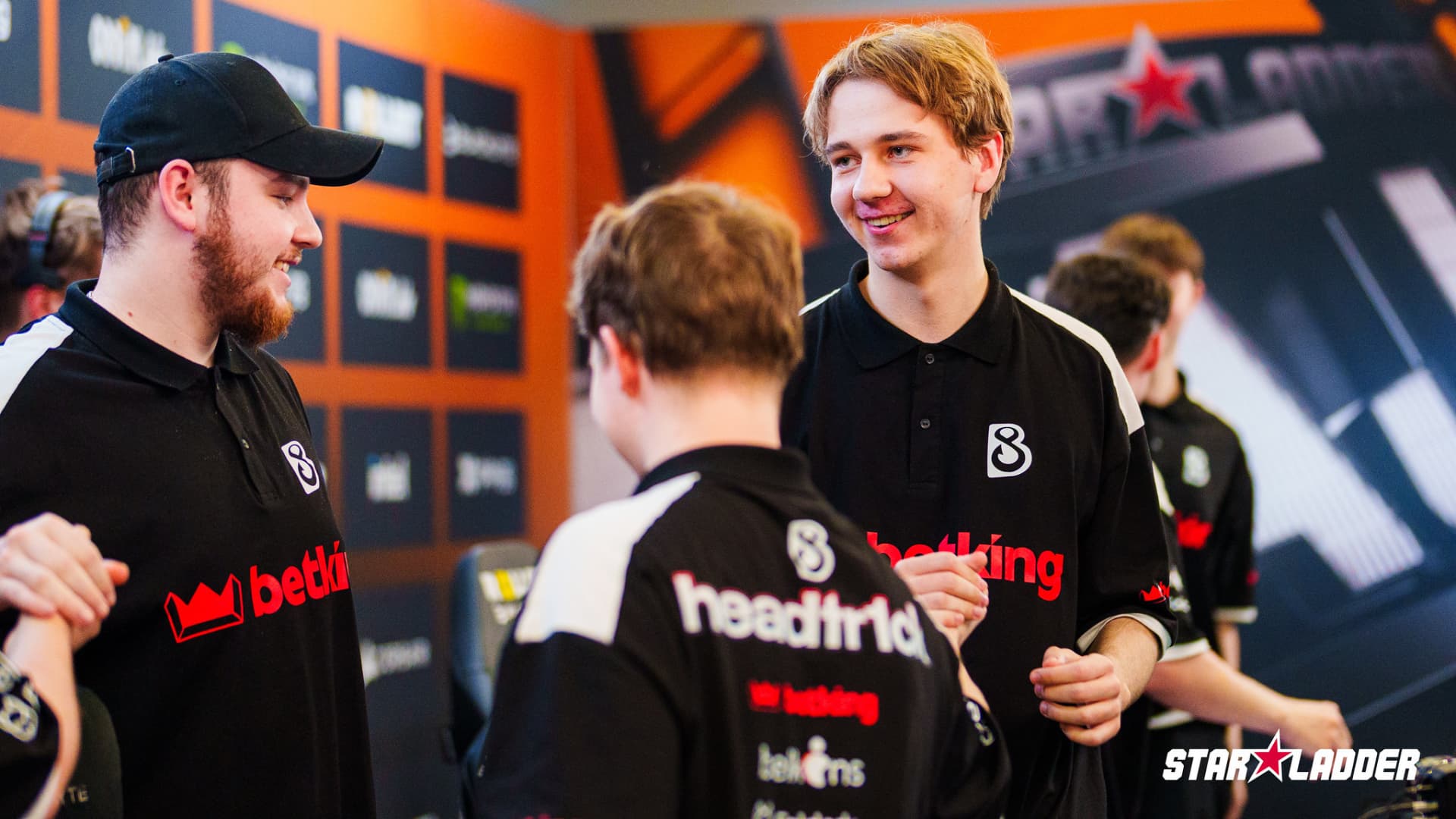
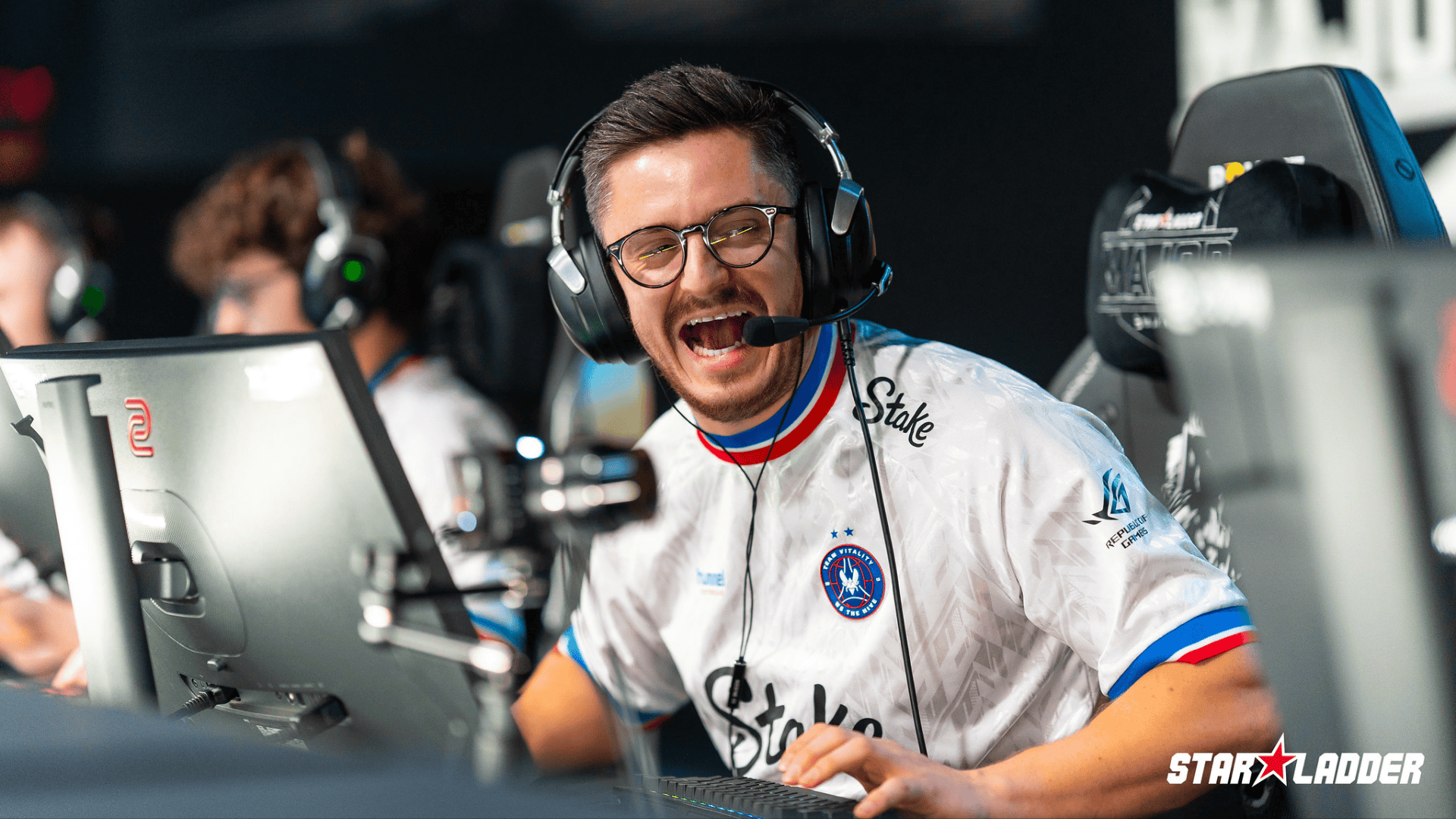
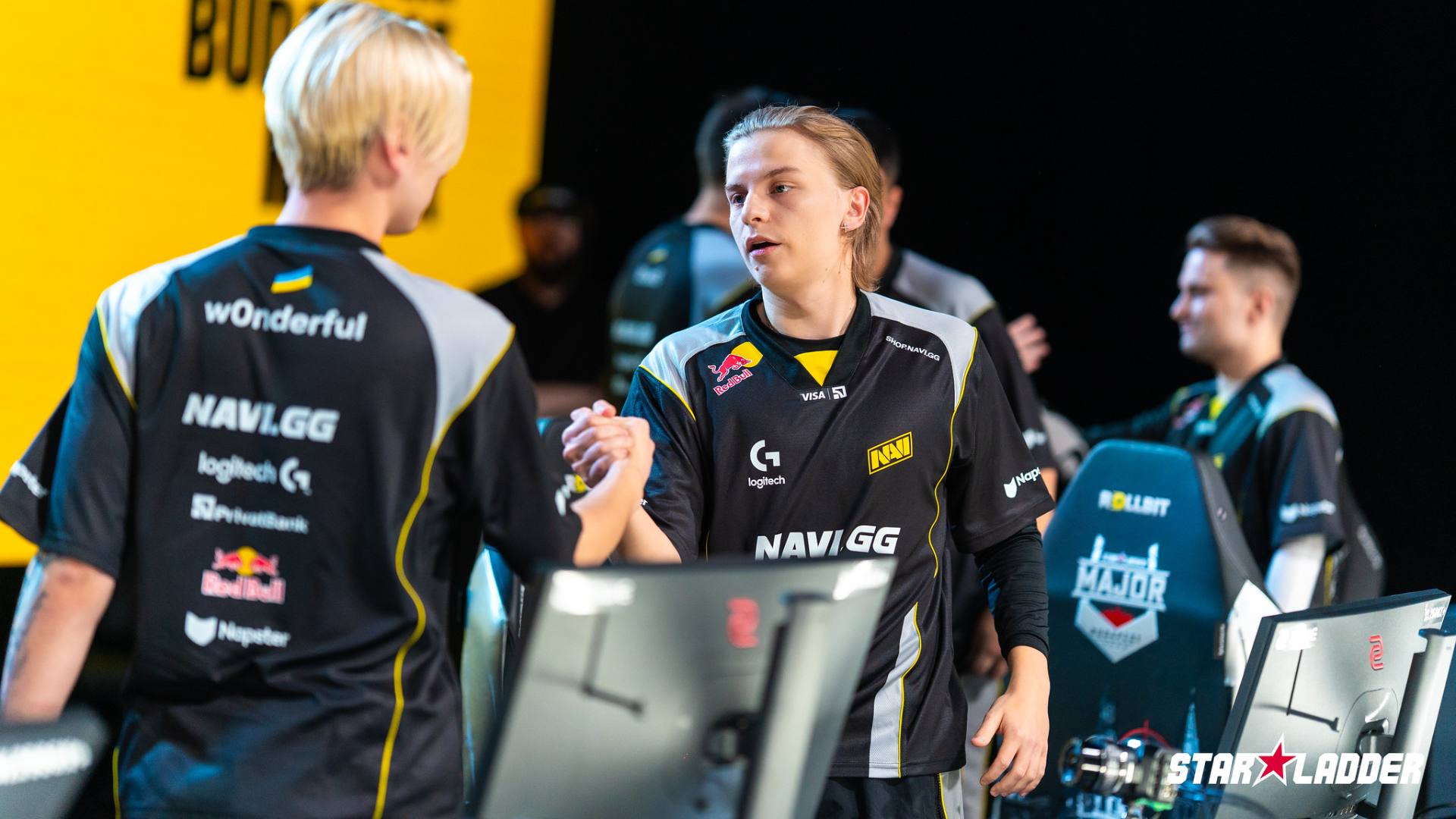
Published: Apr 5, 2017 06:52 am